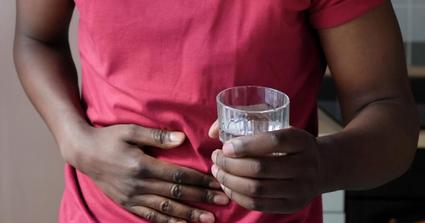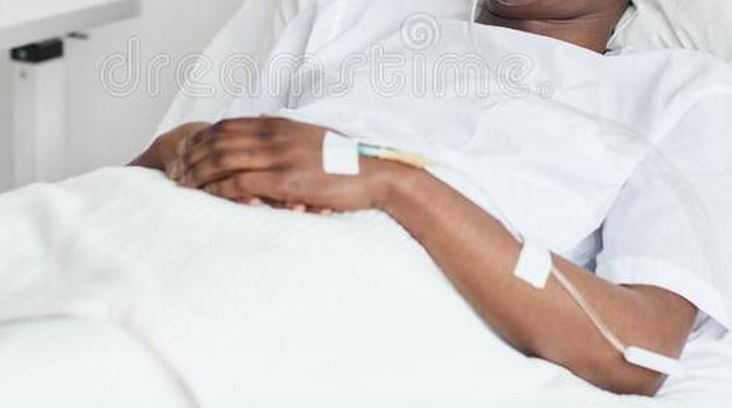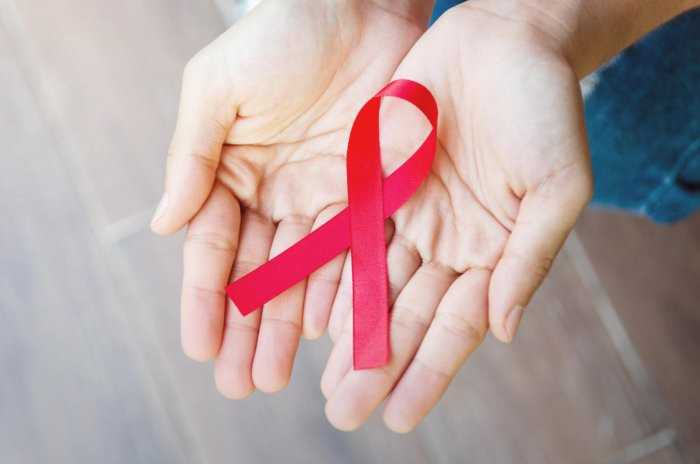Artificial intelligence (AI) is slowly creeping into various corners of the healthcare industry.
It’s already being used to treat depression and it could also help detect diseases such as Parkinson’s and diabetes.
The benefits – and pitfalls – of AI in medicine have been highly debated but, to many within the industry, it’s simply a matter of time before it becomes the norm.
By Kirsten Robertson
On the latest episode of the Mammograms and Me podcast, hosted by Dawn Butler, it was stressed how the evolving technology could help curb the staffing crisis in the NHS.
‘At the moment, mammograms have to be examined by a doctor,’ explained Alice Davies, of Cancer Research UK.
‘In the NHS there’s a big strain in the workforce which is a limiting factor in how fast these procedures can be done.
More Trends:
Nnanyerugo Best (Killaboi) Arrested In Sierra Leone
AGN Lied, They Abandoned My Husband – Mr Ibu’s Wife Cries Out Amid Health Crisis (Video)
‘So AI could potentially automate some of that process. But further research needs to be done as we don’t want to replace that human doctor with something that doesn’t work as well. We need to know the process is feasible and safe.’
Researchers have found that computer-aided detection could spot cancer in mammograms – X-ray pictures of the breast – at a ‘similar rate’ to two radiologists.
The NHS is already examining how it can implement this type of technology in its breast screening programme.
Addie Mitchell, of support charity Breast Cancer Now, said she was both excited and scared by the prospect of AI being intertwined with screenings.
She continued: ‘They’re talking about possibly getting AI to read mammogram results – and the verdict would then be read by a [human] radiologist.
‘There’s a national shortage of radiologists as a big group is about to retire, so AI could fill in some of this gap.’
She added: ‘Breast screening services are currently overstretched and underfunded, and they have been for some years now. NHS workers are working so hard to keep up.’
In a recent study, researchers said the use of AI could potentially almost halve the screening workload.
The randomised control trial, published in the journal Lancet Oncology, involved more than 80,000 women from Sweden with an average age of 54.
Half of the scans were assessed by two radiologists, known as standard care, while the other half were assessed by the AI-supported screening tool followed by interpretation by one or two radiologists.
In total, 244 women from AI-supported screening were found to have cancer compared with 203 women recalled from standard screening.
And the use of AI did not generate more ‘false positives’ – where a scan is incorrectly diagnosed as abnormal. The false-positive rate was 1.5% in both the AI group and the group assessed by radiologists.
Dame Laura Lee, of Maggies, said that while AI could be used to help heal the struggling NHS, the human touch will always be vital.
She told the Mammograms and Me podcast: ‘AI is a wonderful opportunity to help with the medical workforce. We’re not there yet, but it’s coming.
‘But we don’t want a future where AI is making the final call and issuing the diagnosis, there will always be a human element.
‘We need someone to connect with the individual who is receiving the results so they can be tailored to each situation. AI won’t know if a woman has family support, if they can’t travel to hospital for treatment, or if they live alone – for example.
‘We need to be ready for AI but also protect the workforce and allow people to become brilliant carers for people with cancer.’
Source: Metro.co.uk





